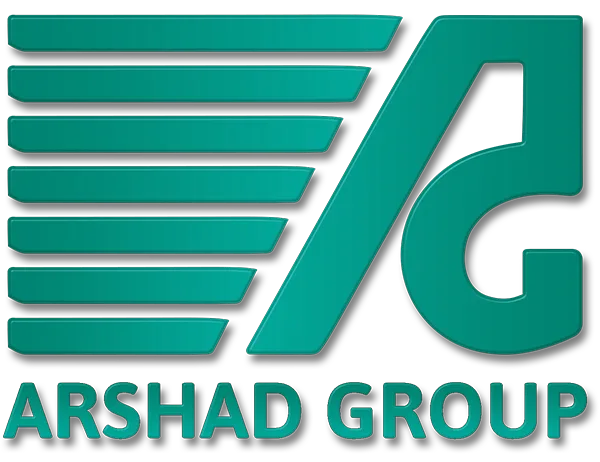The Pakistan Textile Council (PTC) has launched a weekly sustainability series to showcase environmental, social and governance (ESG) achievements of its member firms, beginning with a feature on Arshad Group. The initiative underscores the growing emphasis on sustainable production, ethical practices and good governance within Pakistan’s textile industry as global apparel buyers demand stronger accountability in supply chains.
Arshad Group, a long-established player in Pakistan’s textile and apparel sector, has made significant investments in renewable energy and efficiency to reduce its carbon footprint. The company said it cut 2,150 tonnes of CO₂ emissions by installing a two-megawatt solar system, saving the equivalent of 860 tonnes of coal.
Also Read: Pakistan’s Cotton Market Shows Signs of Recovery Despite Budget Pressures
It has shifted operations toward cleaner fuel with a 15 tonnes-per-hour natural gas boiler and added waste heat recovery units that generate up to 20 tonnes of steam per day. Arshad has also achieved 75 percent condensate water recovery and operates a Zero Discharge of Hazardous Chemicals (ZDHC)-compliant effluent treatment facility. The company holds multiple sustainability and quality certifications, including Oeko-Tex Standard 100, Made in Green, STeP by Oeko-Tex, Better Cotton Initiative (BCI), ISO 14001, ISO 9001 and the Global Organic Textile Standard (GOTS).
On the social front, Arshad has increased women’s representation on its board to 15 percent, with plans for further growth. It has obtained certifications from C-TPAT, GSV, BSCI and the ILO’s Better Work program, demonstrating compliance with global labor and social standards. The company supports education and healthcare initiatives for workers and surrounding communities, pursues inclusive hiring for persons with disabilities, adheres to minimum wage regulations and provides free transportation for employees. These measures reinforce the group’s commitment to social responsibility in the apparel supply chain.
Governance is another priority for Arshad Group, with board-level oversight ensuring ESG goals are integrated into corporate strategy. The company complies with both local and international standards, including the Punjab Occupational Safety and Health Act of 2019. Policies emphasize transparent communication, zero tolerance for discrimination, equal opportunities, and structured training and performance reward systems. Arshad also holds SEDEX certification, reinforcing its status as an ethically managed business within the textile and fashion sourcing sector.
By opening the series with Arshad Group, the Pakistan Textile Council aims to highlight how leading manufacturers are addressing climate change, labor rights and corporate accountability. PTC said the weekly sustainability series will continue to feature other member firms, with the goal of positioning Pakistan as a responsible and competitive hub for sustainable textile and apparel sourcing.









